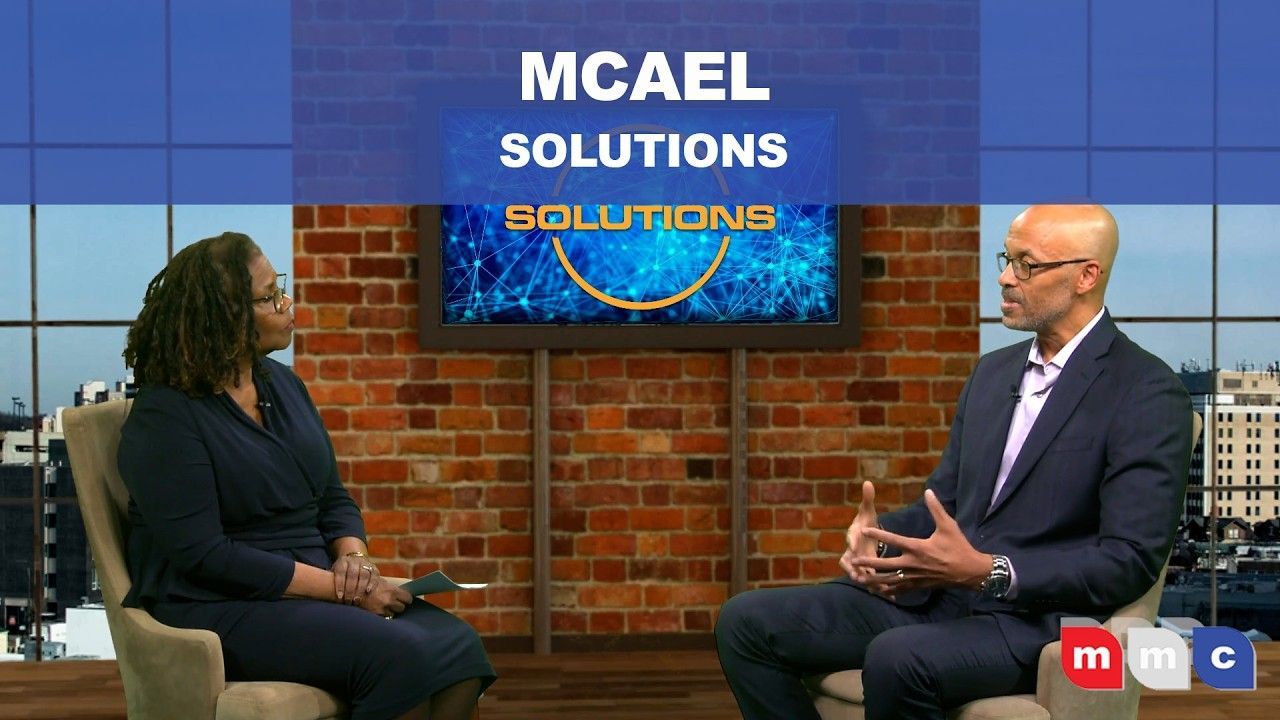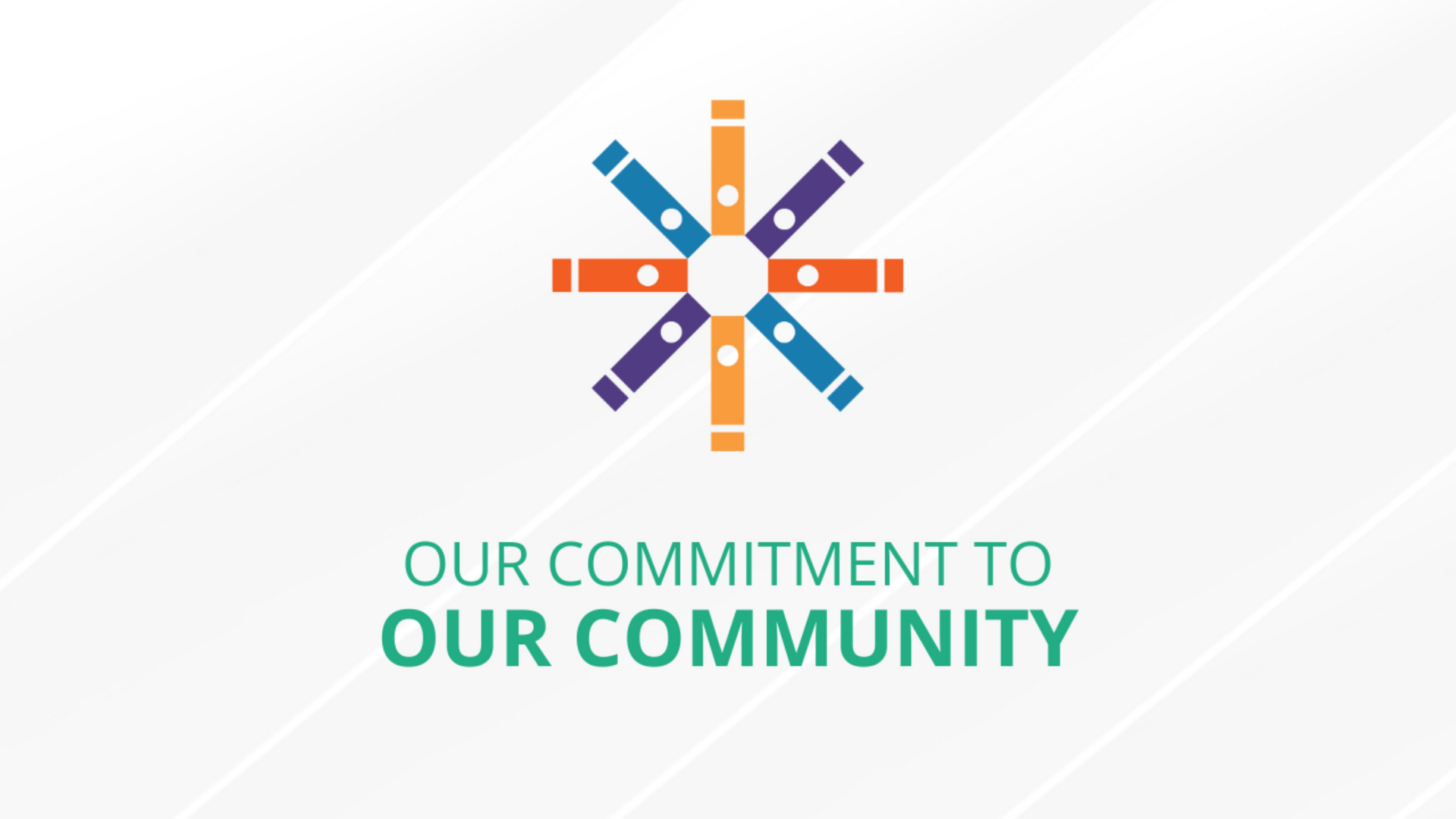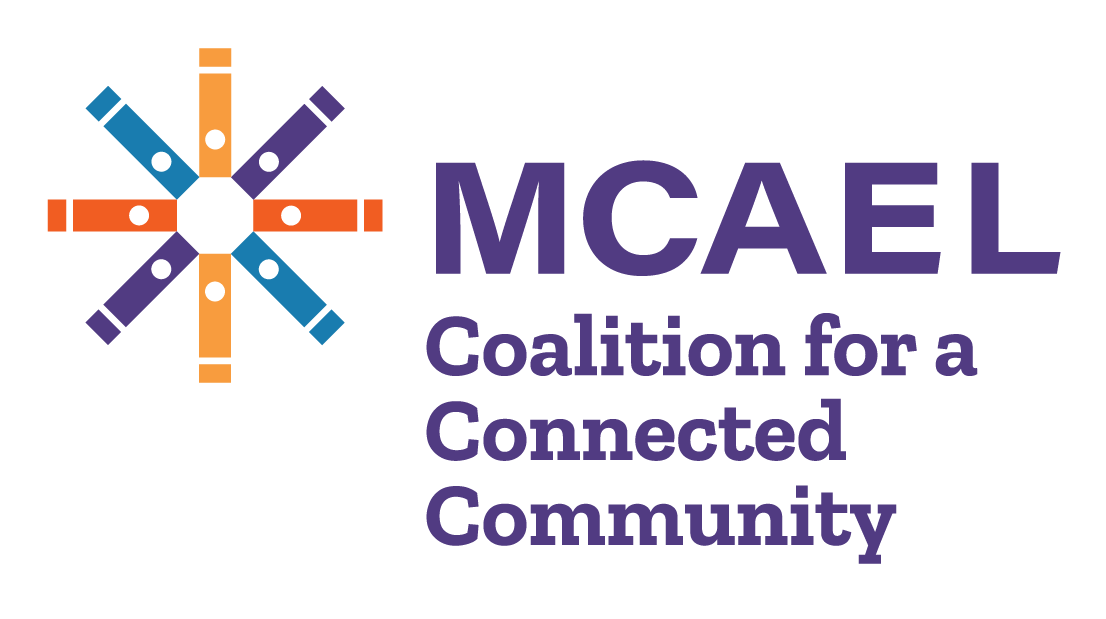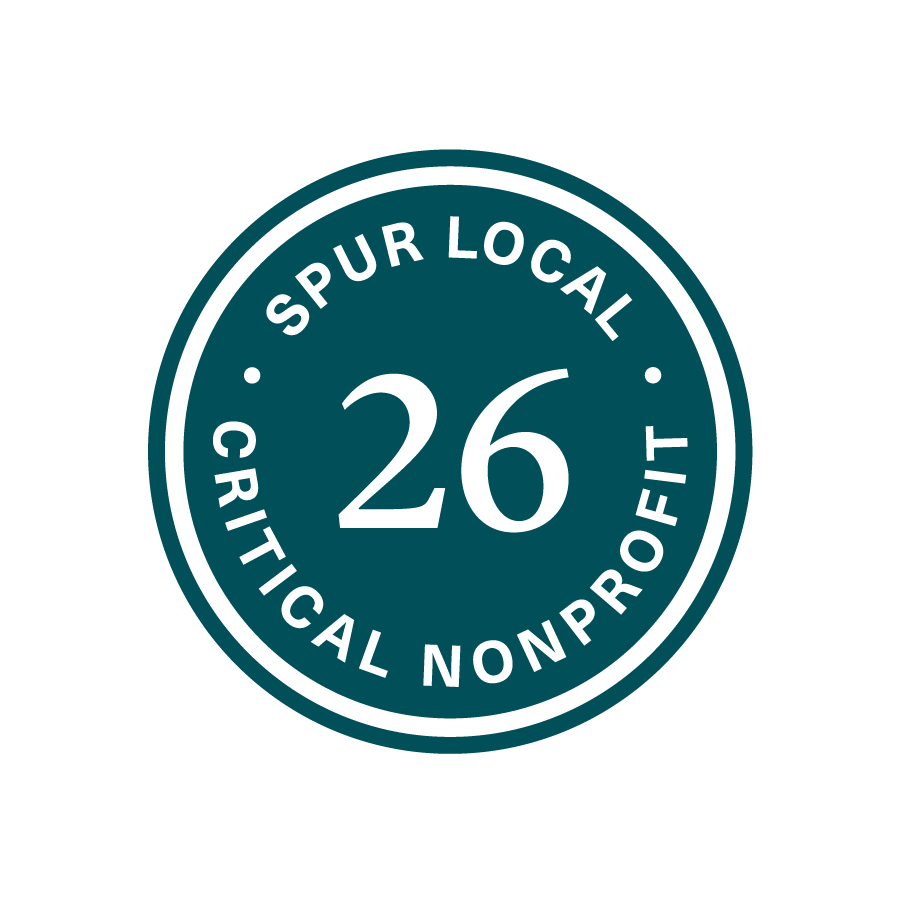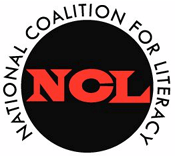Tell us a little about yourself and what was your entry point into Adult ESOL.
I am originally from New Orleans, Louisiana, but didn’t grow up there. As a young child, I moved around the world with my family as diplomats. I have lived in Thailand, Venezuela, Mexico, Bolivia, and the United States. I learned to speak Spanish while living in various Spanish-speaking countries. After receiving my BBA in Business Management from Howard University I found my love of teaching English when I volunteered teaching ESOL to adults after work. A few years later, after my first daughter was born, I decided to leave my job as a Senior Sales Manager at a large drug science organization and pursued teaching regularly. I taught every level from literacy to advanced. After teaching ESOL for close to 14 years, I became the program coordinator at Sheppard Pratt’s Linkages to Learning English Literacy Program.
Where are you now teaching (or working as an ESOL provider) (at what levels and for which organizations)?
I stopped teaching ESOL a couple of years ago when I started working as a full-time program coordinator. However, through my connections from teaching ESOL, I was offered the opportunity to help immigrant students gain their citizenship. In 2018, I began teaching citizenship classes for Montgomery County and have helped countless number of students become U.S. citizens.
What unexpected successes or previously unknown capabilities have you and the learners you serve experienced during the pandemic?
When the pandemic happened, we were forced to transition in person classes to virtual only. I for one, wasn’t familiar with online platforms, but quickly learned how to use them. It was difficult for our teachers as well as learners to navigating classes online. I thought this was the end of our program. But to my surprise the opposite happened. Online registration and surveys were easier for our students to use. Our registration numbers almost doubled, our students and teachers love the convenience of online classes, and our approval ratings increased. Teaching virtually, at least in some part, is the future and we will continue to do so.
What role do you play in MAG [committees, roles]?
I am new to MAG. I am still learning my role, but I hope to work with others on my committee to find better ways to keep students engaged and motivated to attend class, educate them online, and help them achieve their personal goals.
What do you find most rewarding about your work?
The most rewarding part of my job is seeing how our ESOL classes touch and change the lives of our students. Hearing success stories from students how learning English has given them their confidence and independence back. They found financial independence with better paying jobs; social independence because they can write notes to teachers, ride the Metro, or connecting more with their community; and personal independence because they can buy groceries or speak with doctors without their children as interpreters. Learning English has improved lives and brought families closer together. Their successes are the reason I love my job.
What brings you joy outside of your professional life?
I enjoy reading mystery novels or watching a good Who Done It show on TV. I love dancing especially to salsa music. I enjoy cooking and trying new recipes and I love traveling with my husband and two beautiful daughters.
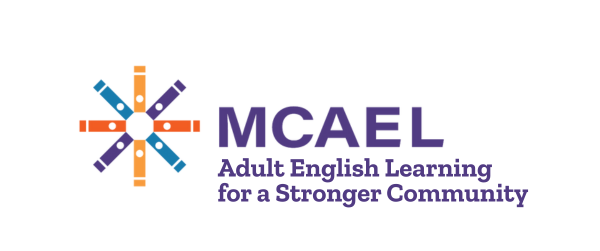
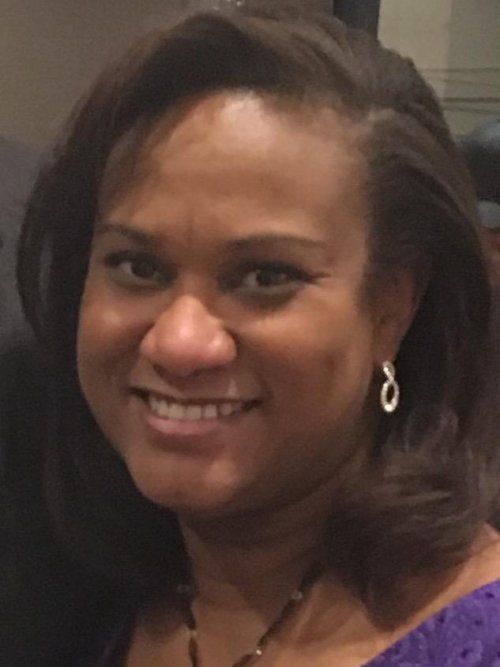
 Tell us a little about yourself and what was your entry point into Adult ESOL.
Tell us a little about yourself and what was your entry point into Adult ESOL.
